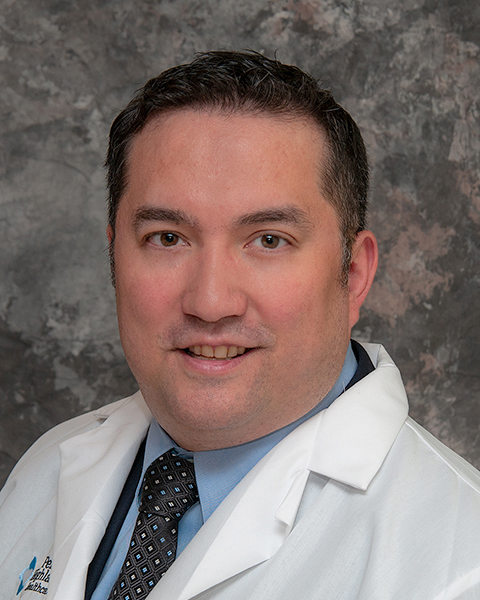The surprising connection between caffeine and migraines.
If you’re a coffee drinker, this is likely a familiar scenario: you don’t have your usual cup of coffee one morning and shortly after comes the inevitable headache. Caffeine withdrawal is among the most common causes of headaches, and even having your first cup of coffee just a few hours later than usual can cause a caffeine withdrawal headache.
“The onset of caffeine withdrawal headaches varies from individual to individual. Some people who only drink a small amount of caffeine can still experience withdrawal symptoms, while people who drink caffeine regularly may not experience any symptoms,” said Jason Ignatius, DO, Penn Highlands Healthcare Neurologist and Stroke Program Director. “Normally, I do not recommend more than 100mg of caffeine per day, which is about the amount in a small cup of coffee. This will help lower the amount of symptoms from caffeine withdrawal.”
Many of the medications we use to treat headaches, whether they are from caffeine withdrawal or not, include caffeine. But while caffeine can both prevent a headache (caused by withdrawal) and treat a headache (by taking a medication like Excedrin), it can cause a headache too. A migraine, to be specific. For people with migraines, many things can trigger an attack, including caffeine.
“For patients with a history of severe or chronic migraine, I recommend they eliminate caffeine entirely at least for several months along with the removal of other overused analgesic medications,” said Dr. Ignatius. “This reduction in use should be achieved over a gradual taper of days or even weeks to limit the impact of withdrawal syndrome.”
In a recent study from the American Journal of Medicine, researchers found that drinking three or more caffeinated beverages a day increased the probability of a migraine attack. The odds did not increase, however, for individuals who drank one or two caffeinated beverages. Even after accounting for factors like sleep, alcohol consumption and physical activity, researchers still found a link between caffeine and migraines.
Keep in mind that this is just one small study, and there is much scientists still do not know about the connection between migraines and caffeine. So what can you do? Listen to your body. Do you tend to get migraines after drinking caffeine? Do they occur after multiple drinks or right away? Do more highly caffeinated beverages tend to trigger more migraines?
If you’re having trouble answering these questions, keep a journal of when you have caffeine and when you have a migraine attack. If you notice a connection, try cutting back on your caffeine consumption and see if that helps.
Your primary care provider or a neurologist can help determine what may be triggering your migraines and what you can do to avoid an attack.
Penn Highlands Neurology provides specialized care to patients suffering from disorders of the brain and nervous system, ranging from migraine headaches to seizures to Parkinson’s disease to stroke. Neuropsychological assessments can be performed for adults and older adults through Penn Highlands Behavioral Health Services and Penn Highlands Neurology. For more information, visit www.phhealthcare.org/neurology.

